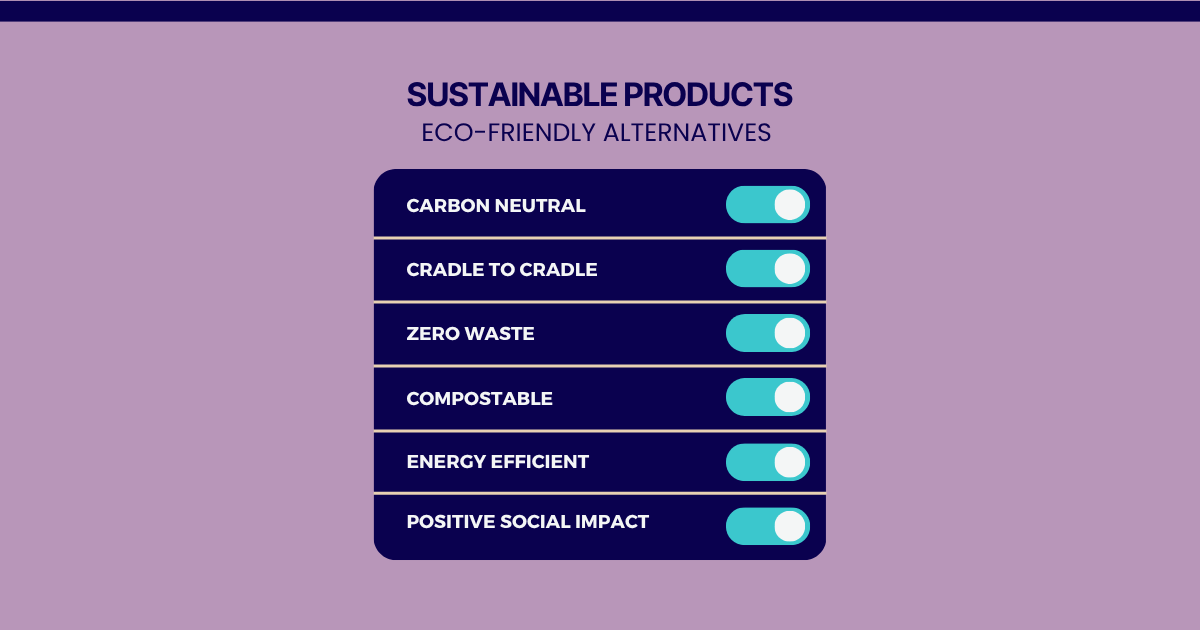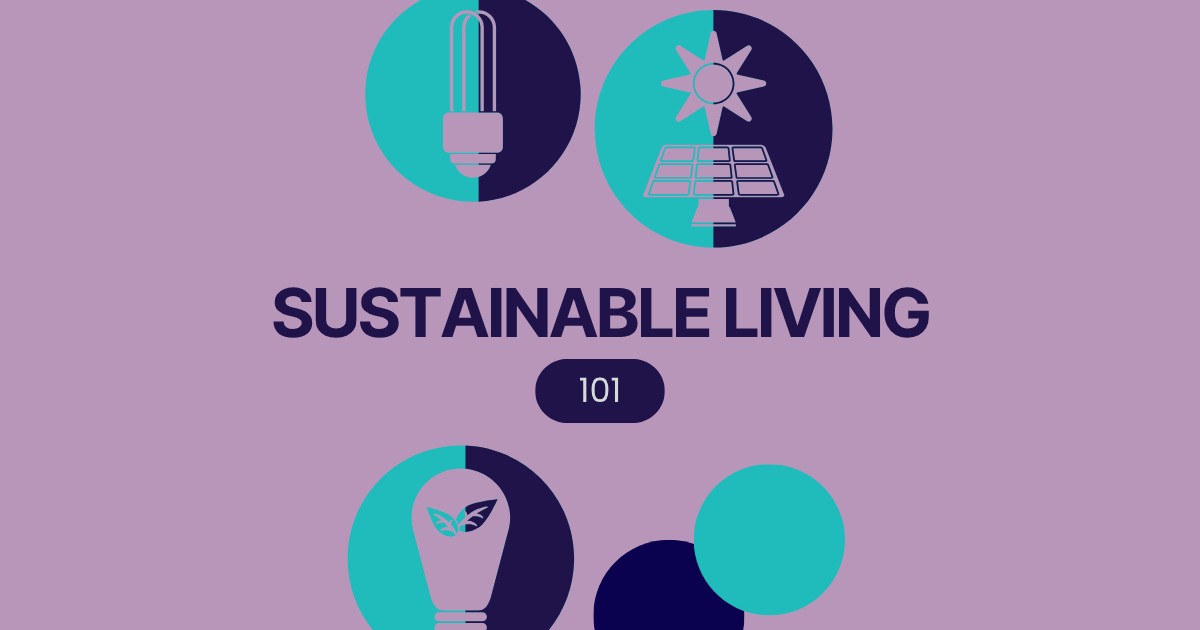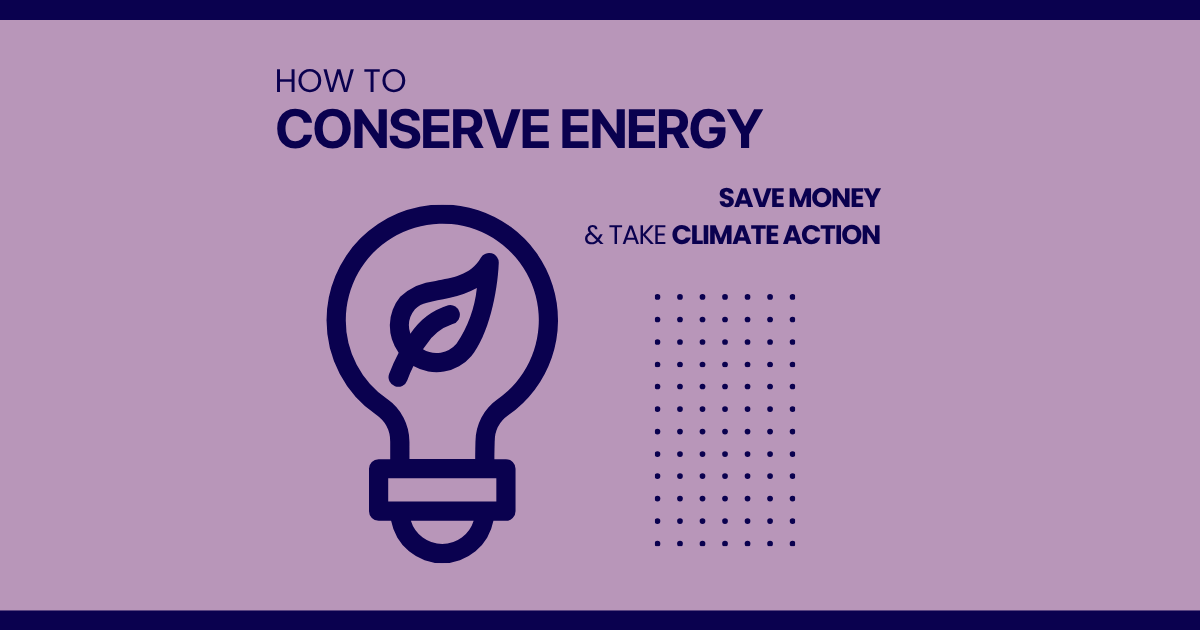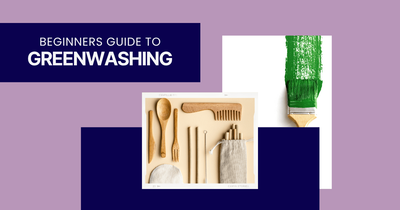11 Simple Swaps and Eco Alternatives
Small changes in what you buy can make a big difference to the planet – and it's easier than you think to get started.

If you purchase through links on this site, I may earn a commission at no extra cost to you. As an Amazon Associate, I earn from qualifying purchases.
Climate change feels overwhelming, but here's the thing: your everyday purchases have more power than you might realise. Household consumption is a major contributor to emissions, especially in wealthy countries. The good news? Making sustainable swaps doesn't have to be complicated or expensive.
You don't need to overhaul your entire life overnight. Start with what you're already buying and make smarter choices when it's time to replace something.
What Makes a Product Sustainable?
Before diving into specific products, let's talk about what to look for. The best sustainable products tick several boxes:
- Local – Support your community and reduce transport emissions
- Zero waste – Minimal packaging, especially plastic-free options
- Circular – Designed to be reused, recycled or composted rather than thrown away
- Reusable – Products that replace single-use items
- Compostable – Breaks down naturally without toxic residues (better than biodegradable)
- Energy efficient – Uses less power, saves money on bills
- Electric – Can run on renewable energy instead of fossil gas
- Ethical – Fair wages and working conditions throughout the supply chain
- Carbon neutral – Companies that measure and offset their emissions through verified programmes. Offsets are often greenwashing though 🙃
Don't stress if a product doesn't meet every criteria – even a few sustainable features can make a difference.
11 Areas to Start Your Sustainable Swaps
1. Kitchen Essentials
Your kitchen is full of easy swap opportunities. Start with the products you use most frequently, like dishwasher detergent, sponges and paper towels.
Easy first swap: Switch regular paper towels for either organic cotton washcloths or sustainable, plant-based, plastic-free paper towels.
I use Who Gives a Crap for paper towels (and toilet rolls). I like them because the product is excellent, it's plastic-free, they donate 50% of their products to charity, and shipping is carbon neutral.
BUY ONLINE
2. Bathroom Upgrades
Bathrooms offer loads of opportunities for sustainable swaps. Think natural cleaning products, organic cotton towels, hemp shower curtains and of course, toilet paper.
Pro tip: Start with products you replace regularly rather than big-ticket items like towels that last for years.
The loofah is one of the most unusual plants I've seen. It's a type of squash that you grow until full maturity, then peel off its skin to reveal a loofah. After a couple of days of drying in the sun, it's ready to use in the shower. These are a completely natural alternative to the plastic-made sponges. This one is made by a small business in Thailand and packaged in recyclable cardboard.
BUY ONLINE
3. Beauty and Personal Care
Many hygiene and skincare products are essentials we buy regularly, making them perfect candidates for sustainable swaps that fit your budget.
Great options to try:
- Sustainable deodorant – Solid deodorants in compostable packaging
- Eco-friendly floss – Made from bamboo fibre and candelilla wax
- Zero waste shampoo – Solid shampoo and conditioner bars (give them a proper try, they're different but effective)
4. Natural Cleaning Products
Cleaning products are essentials we buy often, so sustainable swaps here add up quickly.
Look for plant-based ingredients that are sustainably sourced. Packaging matters too – zero waste and refillable options are brilliant.
Money-saving tip: Check if your local bulk foods store stocks cleaning products you can buy in your own containers.
Blueland is one of the best-known brands for eco-friendly cleaning products. The company is B Corp certified, climate neutral certified and certified cradle to cradle (similar to circular economy principles). They specialise in tablet-based products that dissolve into refillable containers so you only need to repurchase the tablets. The refills are packaged in compostable paper-based bags.
BUY ONLINE
5. Reusable Alternatives
Swapping single-use items for reusable alternatives is one of the most effective ways to reduce waste.
This could mean replacing plastic wrap with reusable food covers or making your own reusable tea bags. You can buy purpose-made reusable products or find creative new uses for things you already own.
These beeswax food wraps are one of my favourite sustainable kitchen products. They are a perfect replacement for single-use plastic and can be used for food storage, protecting bread or wrapping sandwiches for lunches or picnics. The Bee's Wrap Store is a certified B Corp, and its products are made in Vermont, USA, using certified organic cotton, responsibly sourced beeswax, and certified organic plant oils. They also now sell vegan wraps that are made with plant-based candelilla wax.
BUY ONLINE
6. Energy Efficient Appliances
Making your home more energy efficient is one of the most impactful climate actions you can take. It reduces fossil fuel use and saves money on energy bills.
Important: Always repair appliances when possible to extend their life. Only replace when repair isn't viable, then choose the most energy-efficient model you can afford.
Bonus: Some energy-efficient appliances may be eligible for government rebates.
7. Health and Fitness
Sustainable fitness products are tricky – the industry is heavy on greenwashing and plastic packaging. But things are improving.
Smart approaches:
- Buy second-hand gym equipment (often as-new condition on online marketplaces)
- Turn off cardio equipment at the power point after use
- Consider outdoor workouts instead of buying cardio machines
- Look for things like cork yoga mats and accessories
My physio introduced me to the benefits of foam rolling or in this case a cork roller alternative. Cork is the perfect material for a massage roller because it naturally has a little bit of give while still being firm. I use my cork roller daily to work on my hip flexors because I work sitting in front of a computer for most of the day.
BUY ONLINE
8. Clothing and Accessories
The fashion industry is one of the largest polluters, but you can make a difference with thoughtful choices.
Best practices:
- Only buy what you really need
- Care for clothes properly and repair when possible
- Buy second-hand when you can
- Support sustainable brands if it's within your budget
- Choose quality over quantity
Yes, I know Patagonia have its issues, as do all brands, but I still think they're better than most. Their carbon neutral tees include the carbon emissions from their supply chain, as well as the processing of the material. They are made in factories powered by solar energy. Carbon emissions are offset through a mangrove restoration program. Mangroves are a crucial source of carbon storage, and these ecosystems are under threat worldwide.
BUY ONLINE
9. Home Decor and Furniture
Creating a sustainable home should be a slow process – don't replace things just because they're not 'eco-friendly'.
Smart approach:
- Only replace damaged items that can't be repaired
- Choose the best quality you can afford so it lasts for years
- Look for sustainably sourced timber, metal, glass, recycled materials and organic fibres
- Buy local where possible
- Consider decorating with plants rather than manufactured items
Cork is a natural and beautiful product that can be made into many sustainable products, including these cork plant pots from Wild Pact. A small Australian business that donates a percentage of their sales to the Pollinator Partnership, although they don't state how much exactly.
BUY ONLINE
10. Pet Products
Our pets are family, and we can care for them sustainably too.
Areas to consider:
- Sustainable pet food and treats
- Toys and bedding made from ethically sourced materials
- Lower-impact cleaning products for pet areas
Reality check: Very few zero waste pet brands exist yet, so do your best with what's available.
It's not just us humans who want clean, shiny hair. Our dog friends want sweet-smelling, itch-free, healthy skin and hair. I love using Ethique shampoo bars for myself, but they now have zero waste dog shampoo bars that are plastic free, palm oil free and 100% compostable.
BUY ONLINE
11. Home Composting
Home composting tackles climate change in two ways: it reduces transport emissions from waste collection and prevents methane emissions from landfills.
The science: When waste decomposes in landfills, it releases methane, a highly potent greenhouse gas. Home composting creates fewer emissions because materials decompose with oxygen, which doesn't create methane.
Bonus: The finished compost stores carbon and can replace chemical fertilisers in your garden.
Small space solutions: You don't need a big garden. Try a worm farm for apartments or an indoor bokashi composter that uses fermentation to break down food scraps.
For most households, this small outdoor compost bin will be enough to take care of your food scraps, recyclable paper, cardboard and other organic matter.
BUY ONLINE
The Bottom Line
Choosing sustainable products when you shop increases demand for low-impact alternatives and sends a clear message to companies about what matters to consumers.
But here's the truth: we can't shop our way out of the climate crisis. The most sustainable product is often the one you don't buy at all.
Start small: Pick one or two areas where you're already buying products regularly and make sustainable swaps when it's time to replace them.
Think beyond shopping: Look for ways to reduce your overall consumption and help friends and family do the same.
Every avoided emission matters, and every sustainable choice you make is a step in the right direction.







Comments